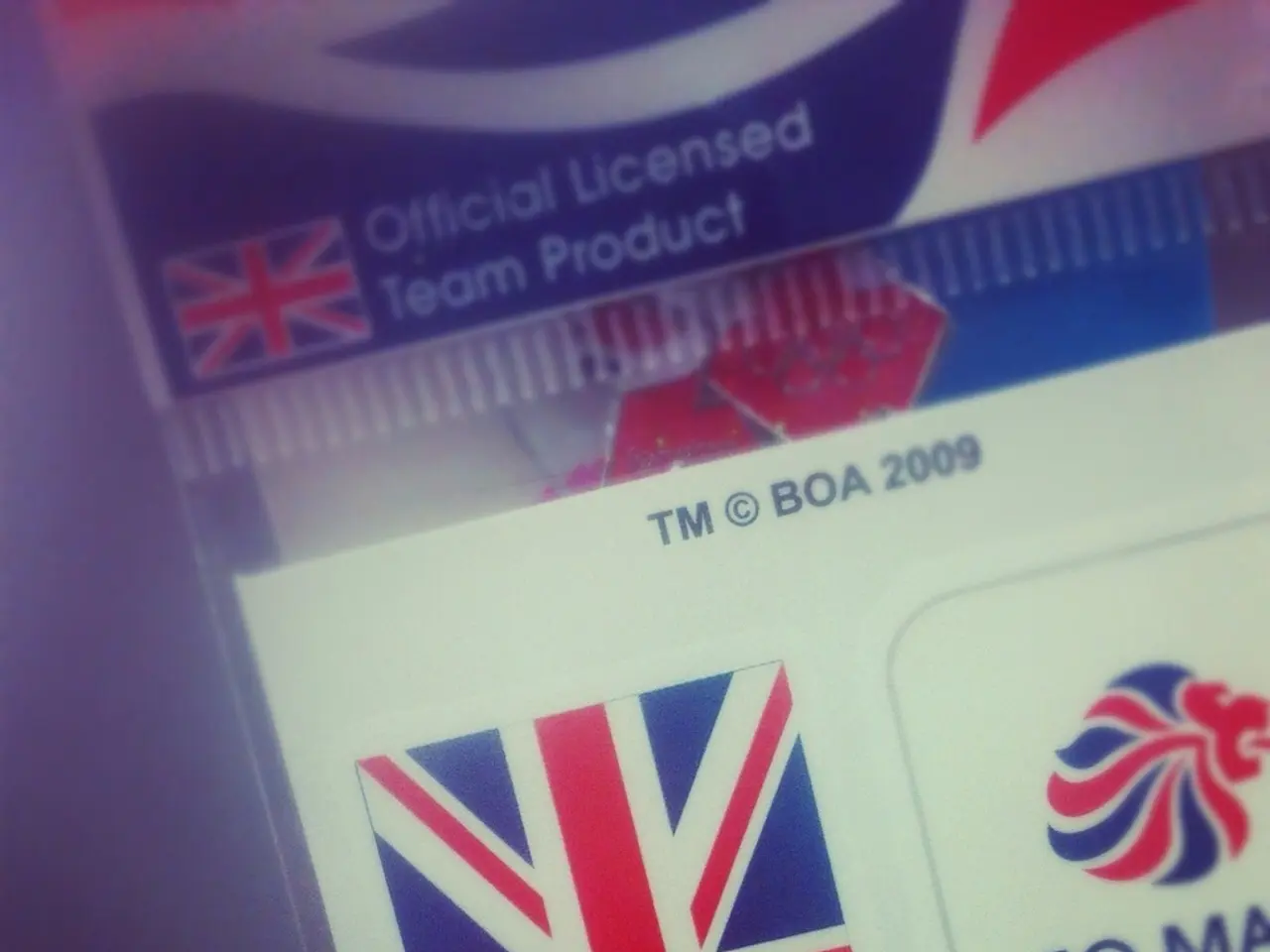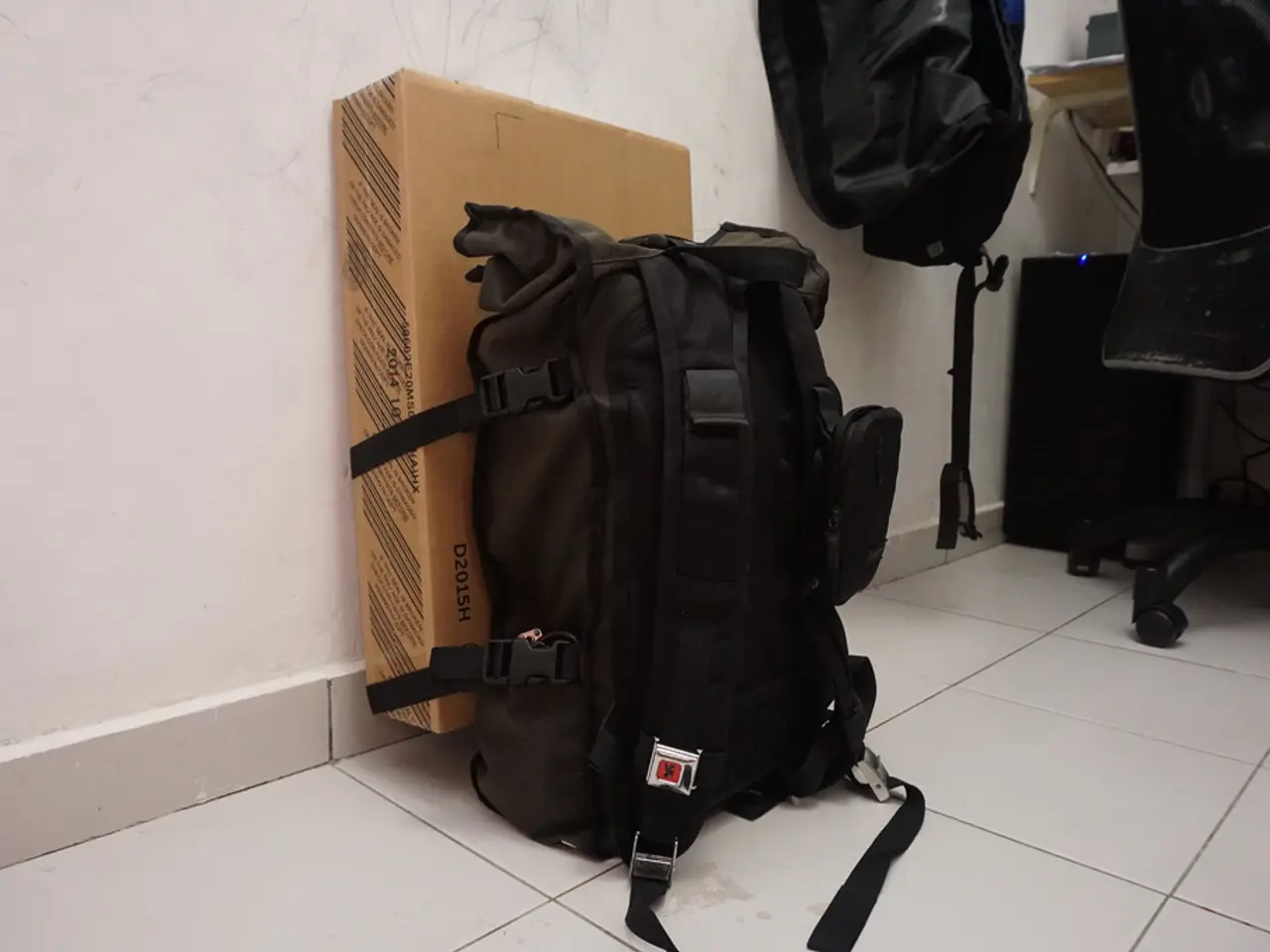Senate Push from DEF for Cryptocurrency Developers' Protection in Proposed Bill
The DeFi Education Fund (DEF) has taken a proactive stance in shaping the regulatory landscape for the decentralized finance (DeFi) industry. In a letter sent to the U.S. Senate Banking Committee, the DEF has urged for a nuanced approach to the Responsible Financial Innovation Act (RFA) of 2025.
The RFA, which aims to promote DeFi innovation while ensuring financial stability and consumer protections, is currently under review by the Senate Banking Committee. The DEF has emphasized the need for the Act to adopt a technology-neutral stance, as well as to protect crypto developers from inappropriate regulations designed for intermediaries.
The DEF, backed by major players such as a16z Crypto, Uniswap Labs, and Paradigm, has also called for clear regulatory guidance, including self-custody rights and FinCEN clarity. The organization believes that Americans should have the right to self-custody of their digital assets.
In addition, the DEF has urged the Senate to incorporate legal shields for crypto developers to protect them from undue liability. The organization has also advocated for a regulatory environment that recognizes the unique peer-to-peer nature of DeFi, distinguishing it from traditional financial systems and centralized intermediaries.
The DEF's stance aligns with its broader push for a regulatory framework that balances the need to combat illicit finance with fostering DeFi innovation. The organization has also called for revised guidance from the Financial Crimes Enforcement Network (FinCEN) to clarify the definition and regulations surrounding non-custodial, non-controlling software.
The Senate Banking Committee has welcomed the feedback from the DeFi Education Fund. Notably, the DEF has expressed concerns about the treatment of those involved in the Tornado Cash case, stating that they should not be treated as a financial institution.
A16z, another major backer of the DEF, has proposed a "digital commodity" model with clear decentralization standards to better protect investors while supporting innovation. This model could potentially provide a framework for the RFA to consider.
The refined Digital Asset Market Clarity Act of 2025, which aims to ensure financial stability and consumer protections, will likely undergo further refinement as it makes its way through the legislative process. The DeFi Education Fund will continue to advocate for a regulatory environment that fosters innovation while protecting consumers and developers in the DeFi space.
The DeFi Education Fund (DEF) advocates for the Responsible Financial Innovation Act (RFA) of 2025 to adopt a tech-neutral stance and protect crypto developers from inappropriate regulations, while also urging for clear regulatory guidance on self-custody rights and FinCEN clarity. Additionally, the DEF calls for legal shields for crypto developers, recognizing the unique peer-to-peer nature of DeFi and distinguishing it from traditional finance, all while aligning with its push for a balanced regulatory framework that fosters DeFi innovation and combats illicit finance.




